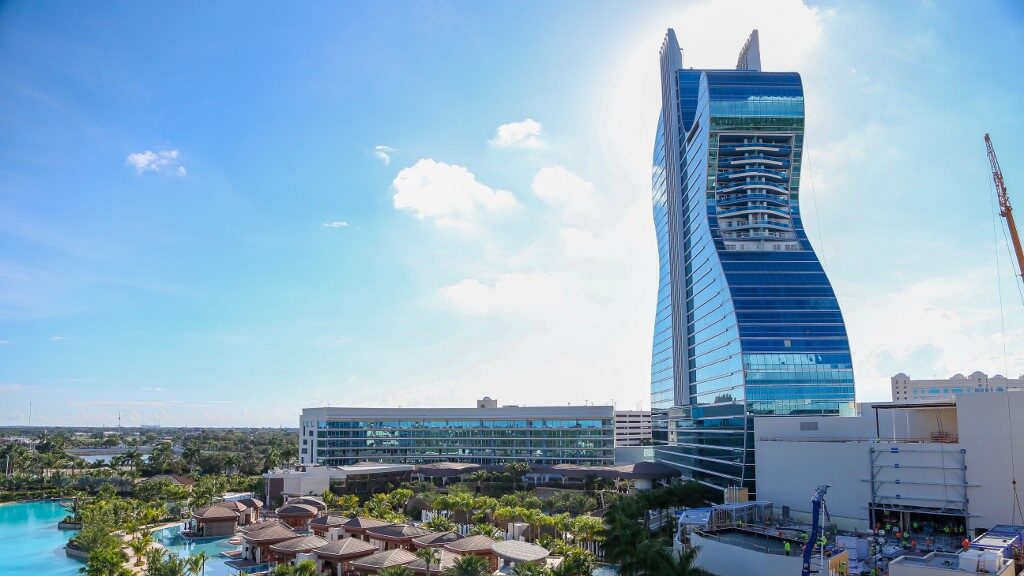
The battle over sports betting in Florida might remind you of the Energizer Bunny. It just keeps going.
In the case of West Flagler Associates v. Haaland, which challenges the legality of the gaming compact between the Seminole Tribe of Florida and the state, U.S. Solicitor General Elizabeth Prelogar is requesting a second extension from the U.S. Supreme Court to submit a response.
She says the principal lawyers involved in the case are preoccupied with other matters, so Prelogar requested an extension until May 12, 2024, to submit the government’s response. She also noted that West Flagler’s lawyers had no objections to the delay.
This is the second time she asked for an extension. Initially, the court directed the Department of Justice to respond to the Department of Interior by February 12. However, after Prelogar requested an extension for the first time, the court delayed the response date to April 12.
The new deadline for the Department of Justice and the Seminole Tribe to file a response brief is May 13th.
Because of this extension, the court is likely to defer its decision on the case until the next term starting in October 2024. This delay will mark more than three years since the beginning of the legal battle.
What Started All of This in Florida?
The legal dispute revolves around whether the Secretary of the DOI, Deb Haaland, had the authority to approve the 2021 gaming compact between Florida and the Seminole Tribe, which has caused years of legal disputes. The compact allows bets placed anywhere in Florida to be considered on tribal lands if they flow through a tribal server
Last month, the Florida Supreme Court didn’t agree with West Flagler. The casino operator wanted to use a legal remedy called a “writ of quo warranto” to challenge the gambling agreement. But the court said that this isn’t the right way to challenge such agreements.
After the court’s decision, West Flagler wrote to the U.S. Supreme Court. They pointed out that the Florida court’s decision says that the gambling agreement allows people to bet from anywhere in Florida, not just on tribal lands. But no matter where people place their bets, the agreement considers the bets to have been placed on tribal lands.
WFA contends that the compact’s description is at odds with its categorization by the federal D.C. Circuit Court. The court limited its jurisdiction to the compact’s aspects concerning tribal lands, instructing WFA to address the off-lands issue in the Florida Supreme Court.
What is the Court Going to Decide?
The court is deciding if Halland made the right call in 2021. She approved the deal between the Seminoles and Florida, which also got Governor Ron DeSantis’s blessing.
After getting approval from DeSantis, the Seminoles started Hard Rock Bet in Florida, essentially making the Seminoles the only ones who could offer sports betting in the state. But a few weeks later, a federal judge stopped it, questioning the deal’s legality. Despite ongoing legal battles, the Seminoles started Hard Rock Bet again on November 7, 2023.
What is the Next Step?
The next step in the Florida sports betting case involves the Department of Interior (DOI) filing its response. Since the two operators at the heart of the case have not opposed the government’s request for an extension, after the request is filed in May, the decision on whether the case will proceed is expected to come in October. In the meantime, the Seminole tribe will maintain its sports betting operations.













